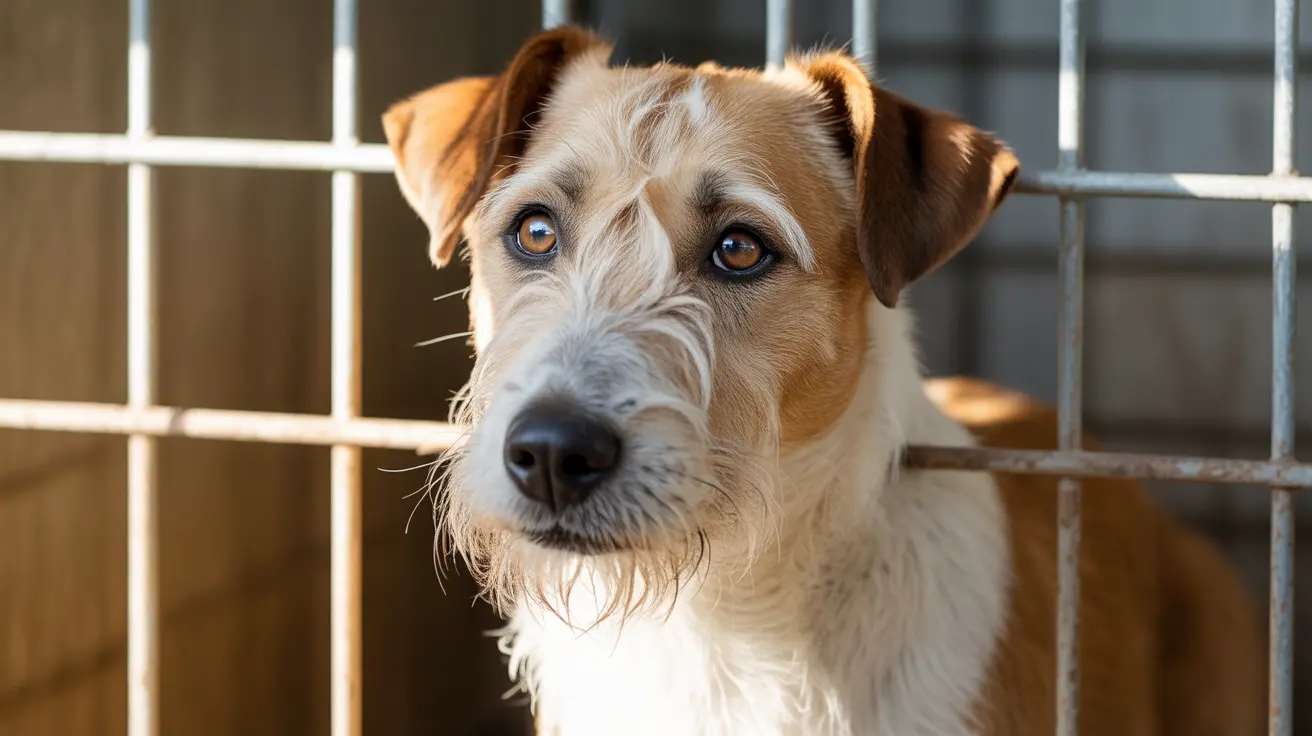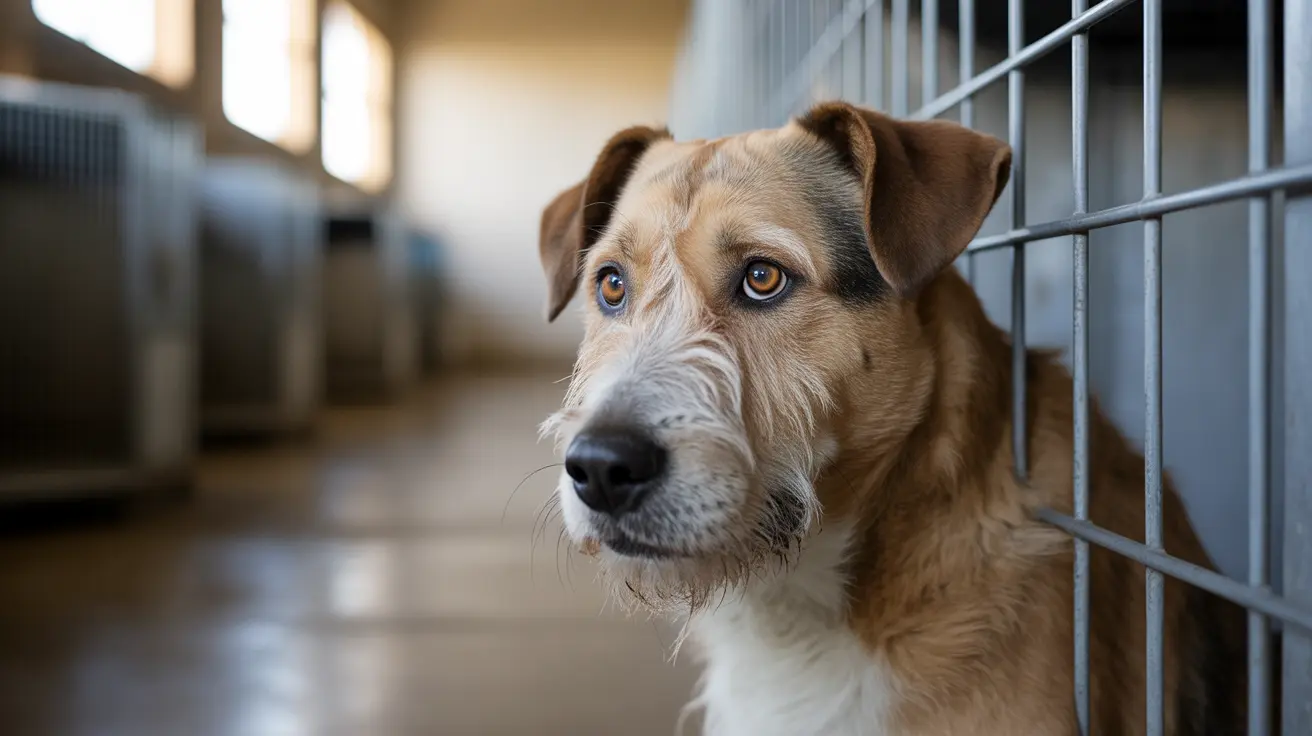Understanding Cat Bad Breath
If you've noticed an unpleasant odor coming from your cat's mouth, you're not alone. Cat bad breath, medically known as halitosis, is a common issue that affects many felines. While occasional bad breath might seem harmless, it often signals underlying health problems that require attention.
Understanding the root causes of feline halitosis is crucial for maintaining your cat's overall health. From dental disease to serious systemic conditions, bad breath can be more than just an unpleasant odor – it's often your cat's way of indicating that something isn't quite right.
Common Causes of Feline Halitosis
Dental Disease and Oral Health Issues
The most frequent cause of cat bad breath is dental disease, particularly periodontal disease and tartar buildup. When bacteria accumulate on your cat's teeth, they form plaque that eventually hardens into tartar, leading to gum inflammation and infection. This process not only causes bad breath but can also lead to more serious dental problems if left untreated.
Systemic Health Conditions
Sometimes, cat bad breath indicates more serious underlying health issues:
- Kidney disease (characterized by an ammonia-like smell)
- Diabetes (causing sweet or fruity breath)
- Liver disease (resulting in particularly foul breath)
- Oral tumors or cancers
- Respiratory infections
Signs That Accompany Bad Breath
Watch for these additional symptoms that might accompany your cat's bad breath:
- Drooling or excessive salivation
- Difficulty eating or loss of appetite
- Pawing at the mouth
- Red, swollen, or bleeding gums
- Yellow or brown teeth
- Changes in eating habits or behavior
Professional Treatment Options
Professional veterinary care is often necessary to address cat bad breath effectively. Treatment options may include:
- Professional dental cleaning under anesthesia
- Extraction of damaged or infected teeth
- Antibiotics for bacterial infections
- Treatment for underlying systemic conditions
- Specialized dental procedures for severe cases
Prevention and Home Care
Taking proactive steps can help prevent or minimize cat bad breath:
- Regular tooth brushing with cat-specific toothpaste
- Dental treats and toys designed for oral health
- High-quality diet that promotes dental health
- Regular veterinary check-ups
- Fresh, clean water always available
When to Seek Veterinary Care
Don't ignore persistent bad breath in your cat. Seek veterinary attention if you notice:
- Sudden onset of bad breath
- Changes in eating or drinking habits
- Visible dental problems or mouth pain
- Other behavioral changes or health symptoms
Frequently Asked Questions
What are the most common causes of bad breath in cats?
The most common causes include dental disease, periodontal disease, plaque buildup, and bacterial infections in the mouth. Systemic conditions like kidney disease, diabetes, and liver problems can also cause bad breath.
How can I tell if my cat's bad breath is a sign of a serious health problem?
Look for additional symptoms like changes in eating habits, excessive drooling, pawing at the mouth, or behavioral changes. The type of odor can also be telling – ammonia-like smell might indicate kidney disease, while sweet breath could suggest diabetes.
What treatments are available for cat bad breath caused by dental disease?
Treatment options include professional dental cleaning, tooth extractions if necessary, antibiotics for infections, and ongoing preventive care. Your veterinarian will determine the best treatment plan based on the underlying cause.
How can I prevent or reduce bad breath in my cat at home?
Regular tooth brushing, dental treats, proper diet, and maintaining good oral hygiene are effective preventive measures. Also, ensure regular veterinary check-ups for professional cleaning and early problem detection.
When should I take my cat to the vet for bad breath evaluation?
Schedule a veterinary visit if your cat's bad breath is persistent, suddenly worsens, or is accompanied by other symptoms like difficulty eating, drooling, or behavioral changes. Early intervention can prevent more serious health issues.
Conclusion
While cat bad breath is common, it shouldn't be ignored. Understanding its causes and taking appropriate action can help maintain your cat's oral health and overall well-being. Regular veterinary check-ups, combined with good home care, create the foundation for fresh breath and a healthy feline companion.






